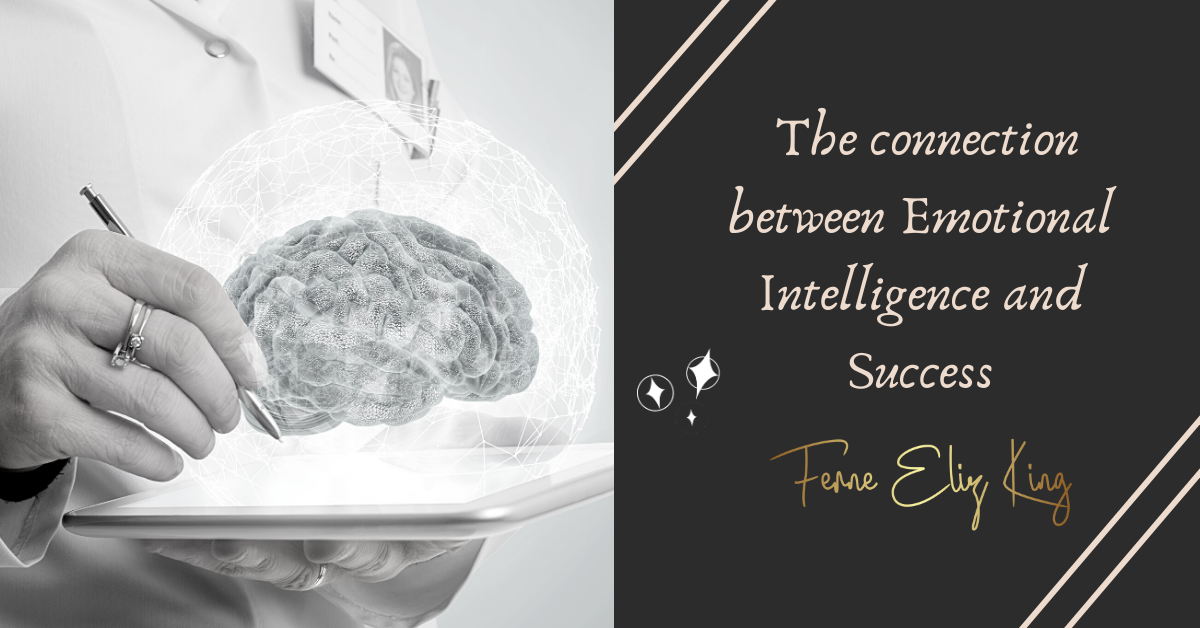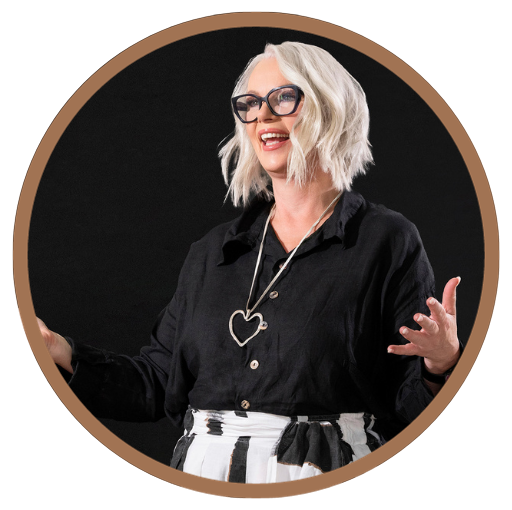
The connection between Emotional Intelligence and Success.
Did you know…
- 90% of the top performers in business have a high emotional intelligence?
- In 70% of cases, people with average IQ’s outperform those with a higher IQ? (This is linked to the individuals emotional intelligence)
- People with high emotional intelligence earn an average of 29k more each year
(Source: Inc)
Your emotional intelligence is an element of your emotional strength. Your emotional intelligence involves how approachable, observant, and empathetic you are, how well you listen, the way you handle interpersonal problems or failures, and the way you lead or work in a team. Your emotional strength goes beyond that to daily behaviours and habits to continuously improve your quality of life. While your overall emotional strength is important for a healthy work ethic you need strong emotional intelligence to succeed. The great news is unlike your IQ, your emotional intelligence is like a muscle and by doing the right exercise, you can improve yours.
Exercises to Improve your emotional intelligence
Before we begin, understand that increasing your emotional intelligence involves hard work and dedication. It is hard work, but it is worthwhile.
Small beginnings
Rome wasn’t built in a day. Don’t try to change too much too fast. Focus on one or two of the below areas to begin with and as they become natural to you, move on to other areas.
- Tomorrow is a new day. It might be a cliché but reflecting on your performance each day is one of the most effective ways to improve your emotional intelligence. Recognise what has gone well and how you have made yourself proud, but also reflect on what you could improve on. Start fresh each day knowing you will be better than yesterday.
- Set goals for yourself. Use your daily reflections to start setting personal and professional goals for yourself. Display them visually to keep yourself on track. Having a goal means your are always working to improve.
- Be accountable. This one is a bit confronting, when things go wrong it is human nature to find someone or something to blame. You are in charge or your life and your decisions. When something goes wrong, challenge yourself to take responsibility. When you hold yourself accountable you begin to discover why things have not gone to plan you are more likely to learn from your experience.
- Give your Emotions Time to Process. We all have different personalities and with that comes different reactions to the same experience. Immediately reacting is not going to do you any favours. Reacting with anger can cause you to ‘shoot yourself in the foot’ long term, reacting with excitement can cause you to overcommit and does not create trust with peers. Regardless of your feelings, always stop and give your emotions time to catch up and try to consider reason before you react.
- Handling Stress. Discover healthier mechanisms to cope with your stress. After a hard day, there are some common habits a lot for us use to relieve stress such as alcohol, devices/TV, or unhealthy eating. Find a healthy alternative that you personally enjoy. For example, light exercise, reading a book, a relaxing bath, cooking a meal, calling an old friend, spending time with the family or journaling.
- Work on your mindset. Consciously start choosing not to let problems beyond your control affect you. Choose to push negative thoughts aside and focus on something positive or at least productive. Your mindset affects your relationships and your motivation, so make an intentional decision to improve it.
- Increase self-discipline. Try to improve your discipline by a small amount each day. You can teach yourself to be more disciplined, but the mistake is to go too hard too fast, the only pitfall is making too many plans and only taking 1 action or minimal actions. Make less plans and action all your plans.
- Decisions. Think every decision through. Challenge yourself to think from different angles, from the perspectives of others and before you make your final decisions consider the risks associated and how you will manage them. Consider consequences, consider the feeling and emotion you will experience when that decision is realised – is that feeling greater than the fear of not making the decision?
- Just do it. It is normal to have apprehension when trying new things. If you have an idea to progress in your business or career, don’t let that fear hold you back! If you want to start creating memes for your socials, start a newsletter or develop a new product- go for it! Test, learn, refine .. but above all – take the first step.
- Know your limits. Business can be challenging, know your capabilities. Don’t allow yourself to burn out because you have too much pride to admit you need help or support.
- Take the challenge. Aim to do 1 difficult task each day. Experts claim that challenging yourself once a day will significantly increase your mental strength, resilience, knowledge and overall success.
Exercise your emotional strength each day, gradually improve your emotional intelligence celebrate the long term benefits in your career and personal relationships. Track your progress !
Ferne Eliz King
Love Life Love YOUR Life

About Ferne
Ferne is globally recognised and called upon for quickly accelerating complex change to achieve business strategies. Translating strategies to actionable plans, prioritisation of those actions, engagement from the right people, bringing business architecture to life or your life plan if individual and in many cases driving the change as a program director. The bottom line is Ferne accelerates businesses or individuals to achieve outcomes and enabling that is her passion.
What's the consequence if you take no action?
“If you do the same thing today as yesterday, your tomorrow will be the same as today”. Ferne Eliz King
Want To Learn More?
Book a free 15 min call and see how Ferne can help you accelerate your aspirations for you or your business.


